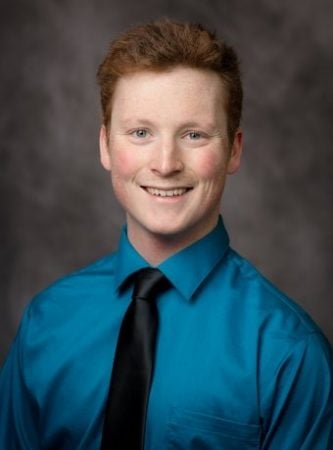In an effort to stay connected and have a little fun, please share pictures or short video clips of ways that you are staying active and healthy during this shutdown time.
https://docs.google.com/forms/d/e/1FAIpQLSeMUP94-C2jawvtJngASreEzLwD77vJXYilqAXT9ejVCVhKjQ/viewform?usp=sf_link
Thank you!
Dr. Frost



